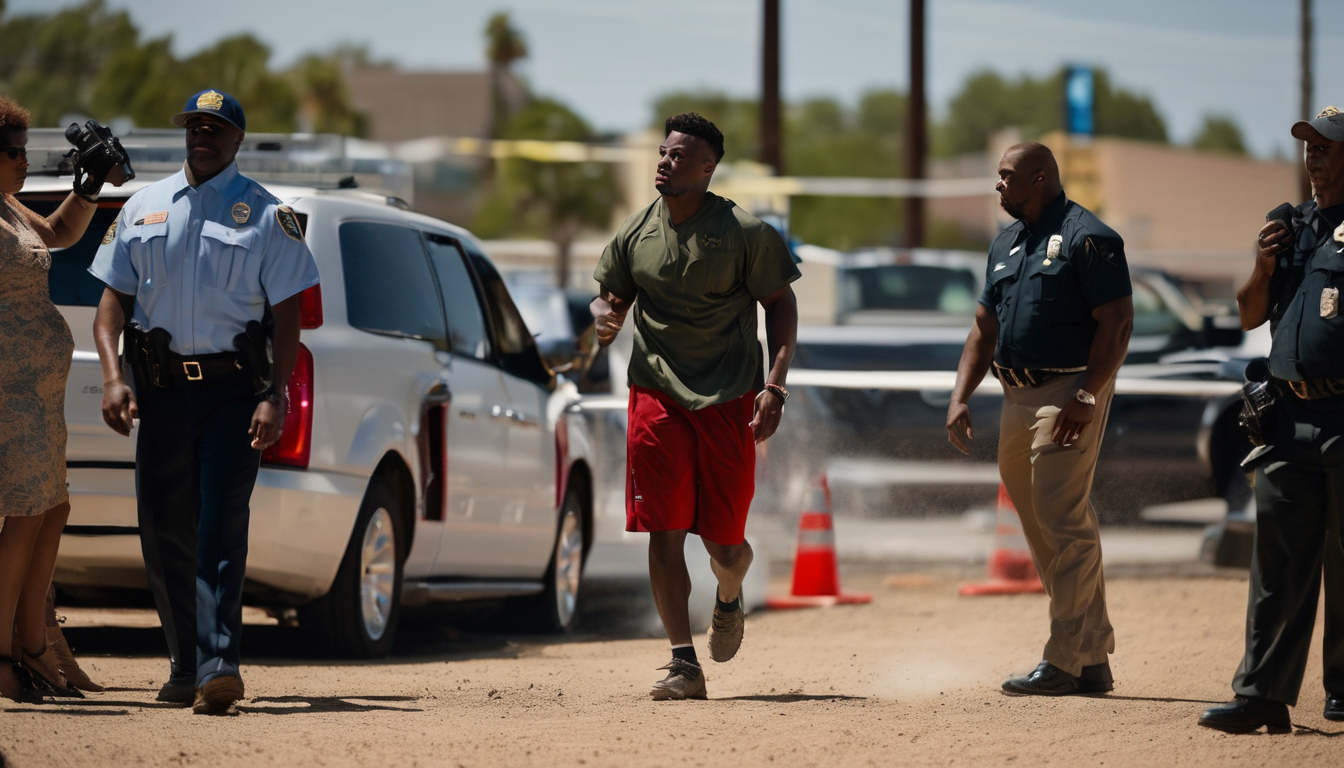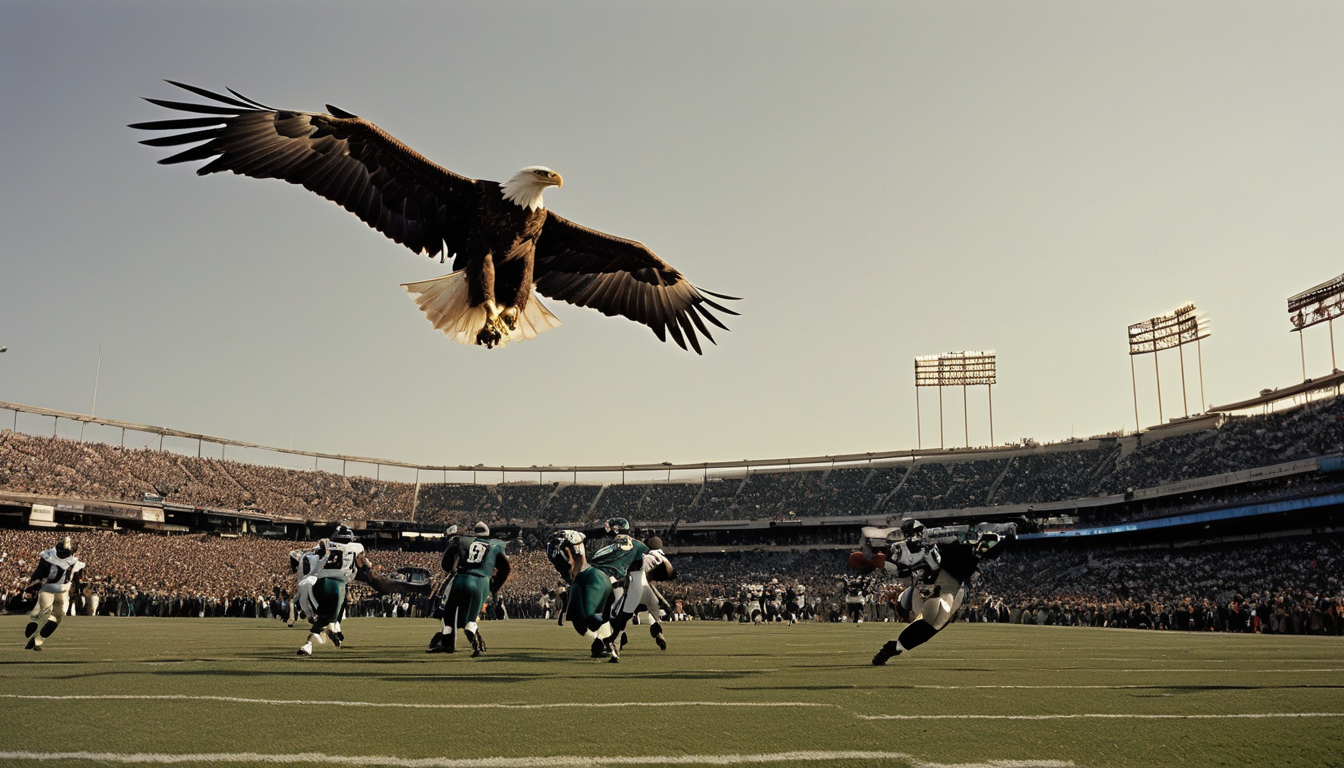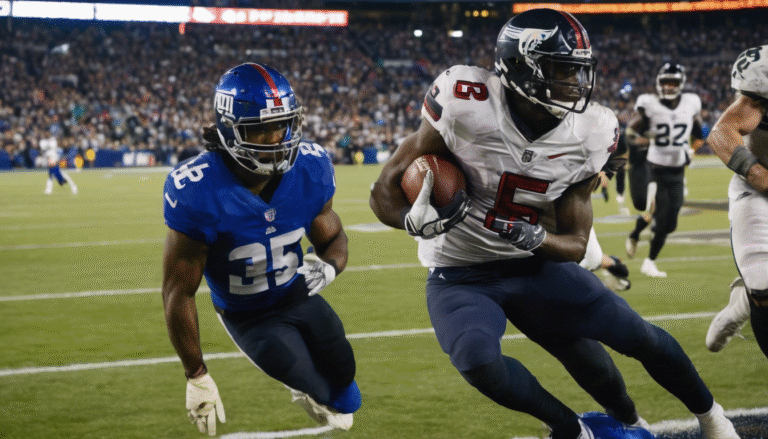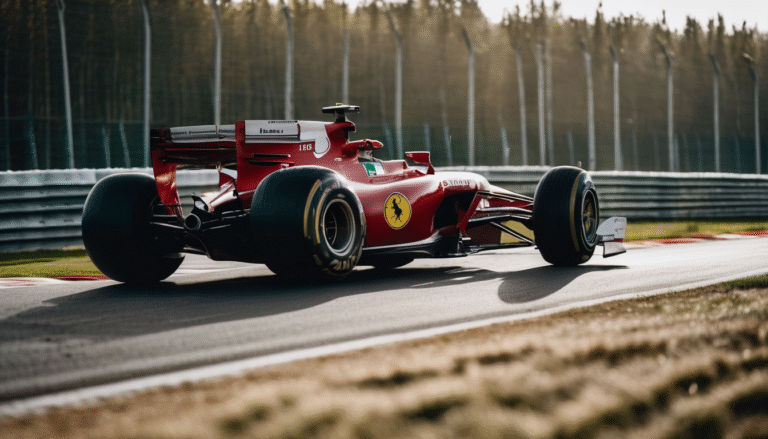
In a controversial incident that overshadowed the Philadelphia Eagles’ victory over the Dallas Cowboys, defensive tackle Jalen Carter was ejected from the game for spitting on Cowboys quarterback Dak Prescott. This ejection highlighted significant vulnerabilities in the Eagles’ defense.
Background
The contentious event unfolded right after the kickoff, a moment of triumph for the Eagles as they raised their Super Bowl LIX championship banner. Carter’s impulsive action led to a 15-yard unsportsmanlike conduct penalty, and he was swiftly ejected before the game even began. This ejection came just days after Carter’s alleged taunting during the season opener had Blair Walsh kicked off the Eagles’ kickoff team.
Carter’s history extends beyond this recent infraction. A year ago, he was benched for oversleeping and being late for a meeting against the Atlanta Falcons. More seriously, in his final year at Georgia, Carter was involved in four driving-related incidents, the last of which resulted in the tragic deaths of teammate Devin Willock and a staff member, Chandler LeCroy.
In the NFL, Carter has been a standout performer, finishing runner-up for Defensive Rookie of the Year and being named to the Pro Bowl last season. However, his lapses in judgment, such as the ejection, continue to overshadow his contributions on the field.
Key Developments

The aftermath of Carter’s ejection revealed the Eagles’ defensive vulnerabilities. Dallas tested the Eagles’ defensive line by rushing the ball twice for a combined 11 yards, highlighting the lack of pressure on Prescott. Here are key developments following the incident:
- Carter’s ejection led to Dallas gaining 15 free yards.
- Cowboys capitalized with a successful drive ending in a score.
- The absence of Carter made defenses exploit vulnerabilities.
- Eagles’ backup cornerback Adoree’ Jackson struggled, committing pass interference.
Moreover, Carter’s ejection came at a critical time, as the Eagles have seen several key departures from their defense, including Brandon Graham, Josh Sweat, Milton Williams, and C.J. Gardner-Johnson. These losses, combined with Carter’s absence, weakened the Eagles’ front line.
Eagles coach Nick Sirianni acknowledged the need to address the behavioral issues within the team, emphasizing that while tenacity and intensity are valued, they must be within the bounds of the game’s rules. The incident underscores the importance of discipline and conduct in high-profile NFL matchups.
Industry/Market Context
The Philadelphia Eagles’ defense, once ranked among the NFL’s best, has undergone significant personnel changes over the past offseason. The departure of key players like Graham and Sweat, coupled with injuries and new signings, has altered the defense’s dynamic. Defensive coordination is crucial in this league, and the loss of skilled players due to benching and injury can have substantial impacts on the team’s performance.
In the NFL, defensive behavior often garners as much attention as offensive prowess. Fans and analysts alike scrutinize every defensive play, and an incident like Carter’s ejection can have far-reaching consequences. The league’s rules against unsportsmanlike conduct are rigorously enforced, and violations can result in severe penalties, including game misconduct and fines.
The narrative around Jalen Carter has been one of promise and controversy. His emergence as a dominant force has been accompanied by legal and behavioral issues that raise questions about his long-term fit in the NFL. Teams must balance raw talent with character, and the Eagles are grappling with this dilemma as they navigate the challenges of the 2025 season.
Implications & Risks
Carter’s ejection not only cost the Eagles a talented player but also sent a message about the team’s discipline and character. The incident has drawn significant criticism and could impact the team’s morale and public perception. Potential implications include:
First, the behavioral issue could affect Carter’s role on the team moving forward. Coaches may need to work closely with him to address his actions and ensure future occurrences are avoided. This could lead to potential lineup changes or increased monitoring.
Second, the overall defensive issues highlight the need for depth and balance. The Eagles will have to rely more heavily on younger and less experienced players in critical defensive roles, which could affect their performance throughout the season. Teams like the Dallas Cowboys may exploit these weaknesses.
Finally, the incident underscores the importance of character development in NFL players. Teams can only control so much, and the league’s disciplinary process plays a crucial role in maintaining the integrity of the game. The Eagles, along with other teams, must emphasize character and discipline in player development programs.
What’s Next

For the Philadelphia Eagles, the outlook is mixed. In the short term, the team will need to find ways to mitigate the effects of Carter’s absence and the broader defensive challenges. Coaching staff may need to implement deeper rotations and greater reliance on ancillary defensive players.
Longer term, the Eagles must address the deeper issues within their defense. This includes both improving the quality of depth and addressing behavioral concerns. Coaching and player development efforts will be critical in shaping the defense’s future and maintaining player integrity.
The incident serves as a reminder of the thin margin between success and failure in the NFL. For Carter, the incident is an opportunity for redemption. His public statements of regret and commitment to improvement will be closely watched by fans and analysts alike. The Eagles’ leadership will need to ensure that such incidents do not become a recurring theme.
In conclusion, while the Eagles started the season with a victory, the Jalen Carter ejection highlighted significant vulnerabilities in their defense. As the season progresses, the team will need to address these issues to maintain competitiveness and uphold their reputation for character and discipline.






